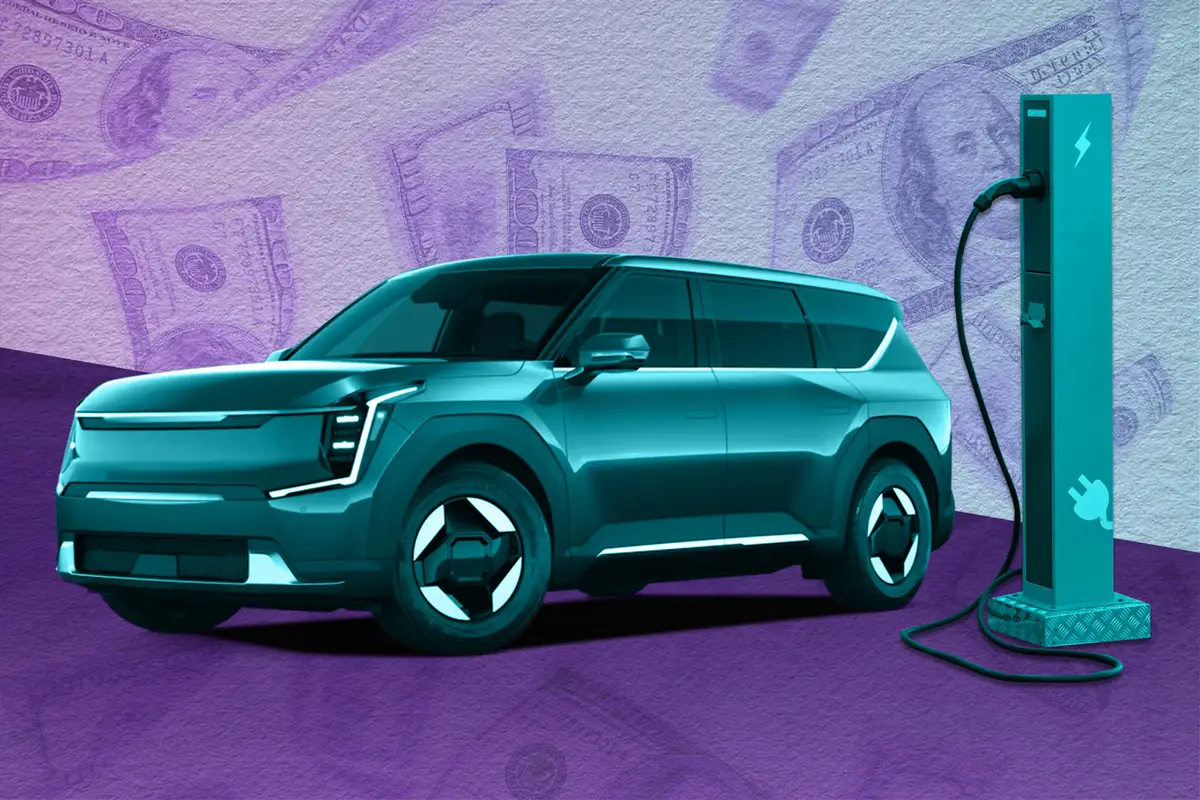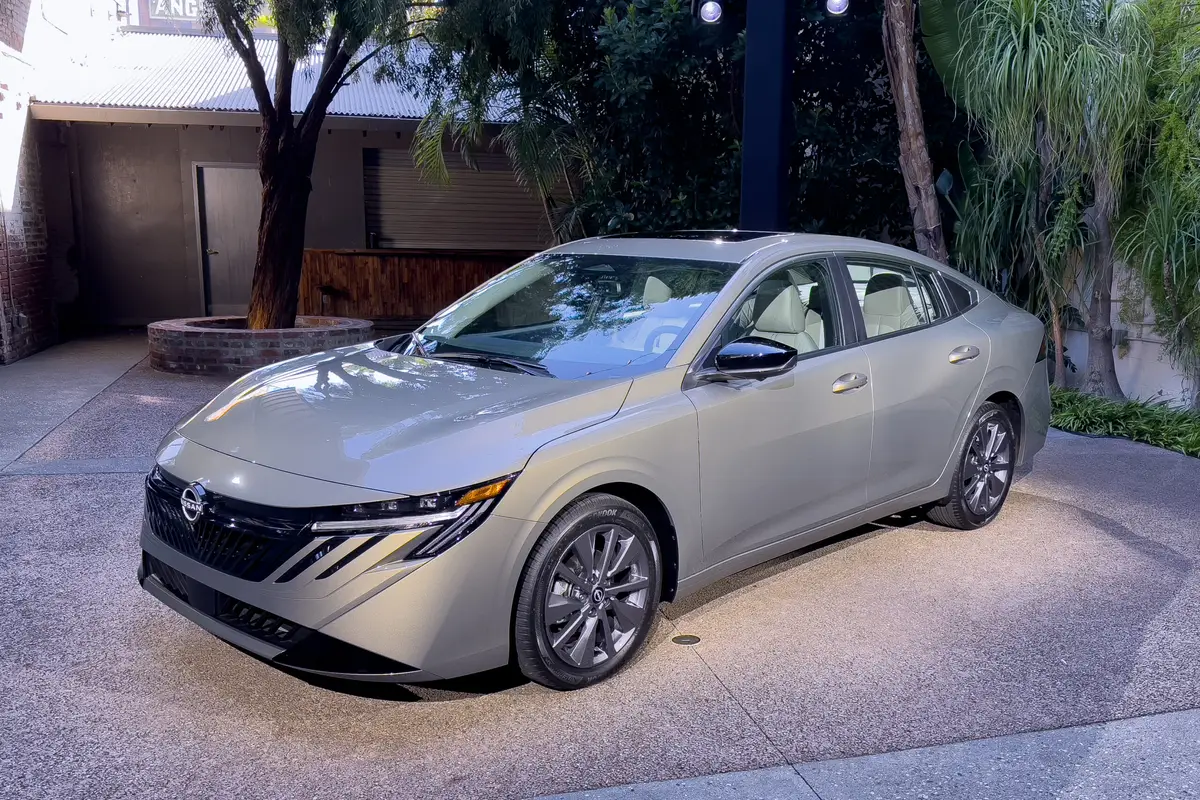Fancy and Fast: Genesis Neolun, GV60 Magma Concepts Point to Brand’s Future
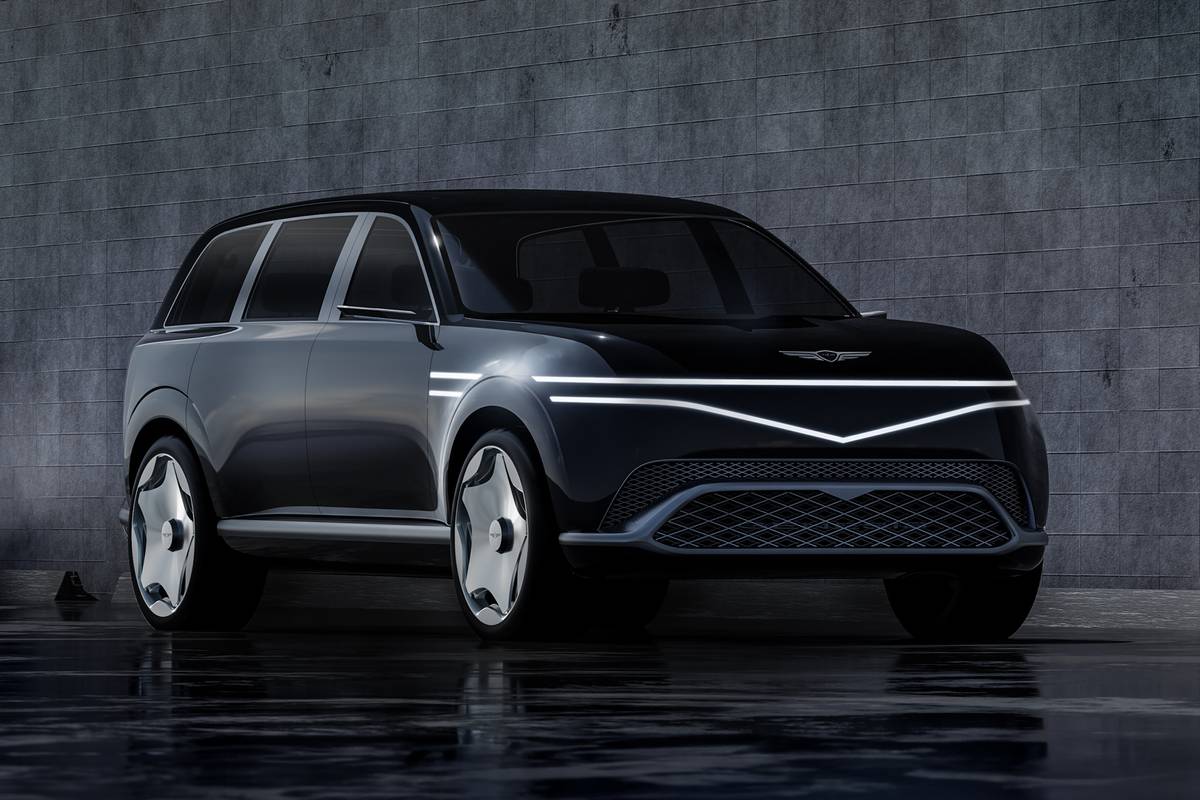
At the 2024 New York International Auto Show, Genesis previewed its coming evolution in two key areas for luxury brands: exclusive high luxury and performance. The first is the domain of the Neolun concept, a full-size electric SUV in the vein of the Mercedes-Maybach GLS or Bentley Bentayga; the second is the GV60 Magma, which marks the official start of the brand’s high-performance program.
Related: More 2024 New York Auto Show Coverage
New Beginnings
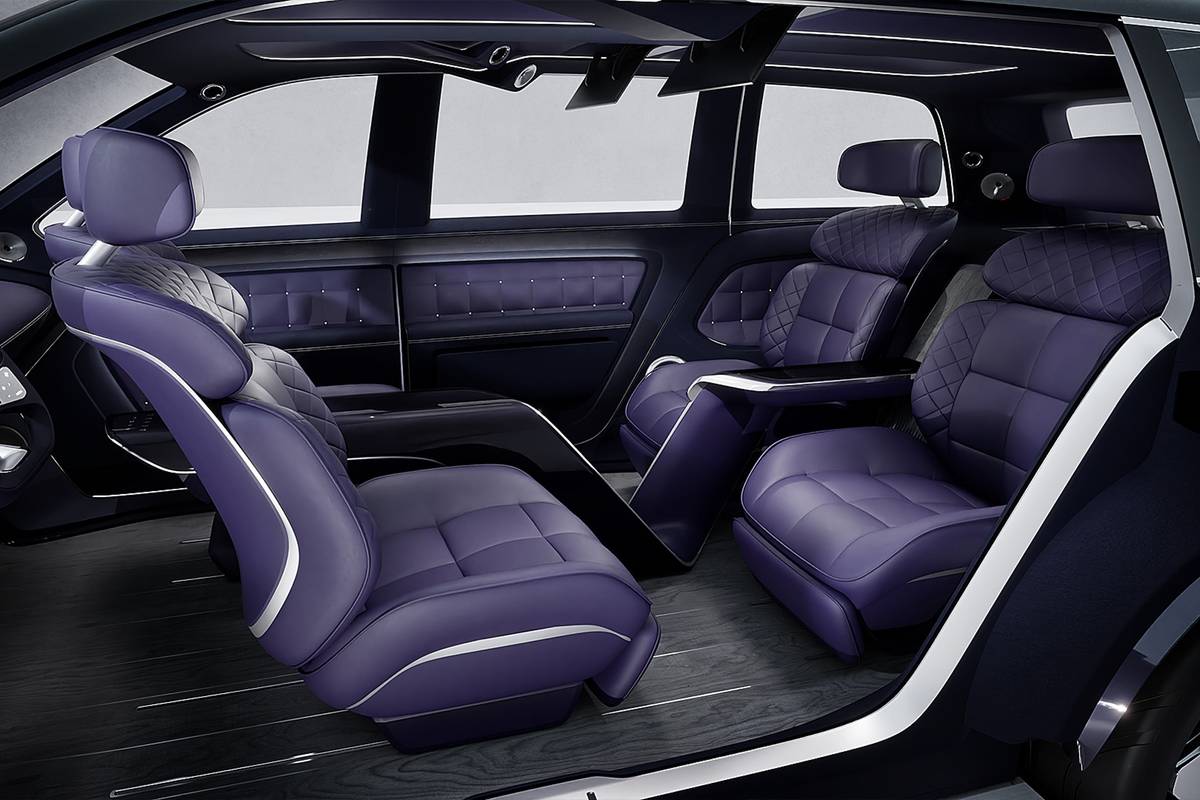
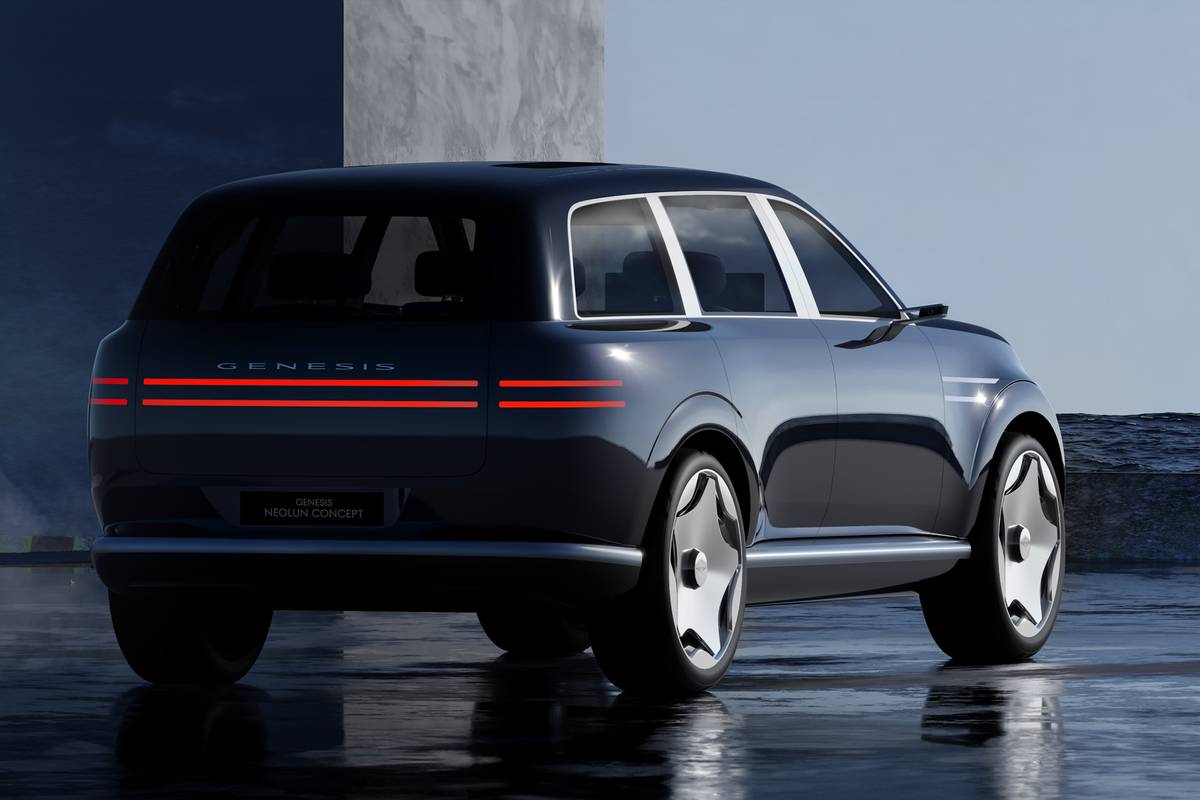
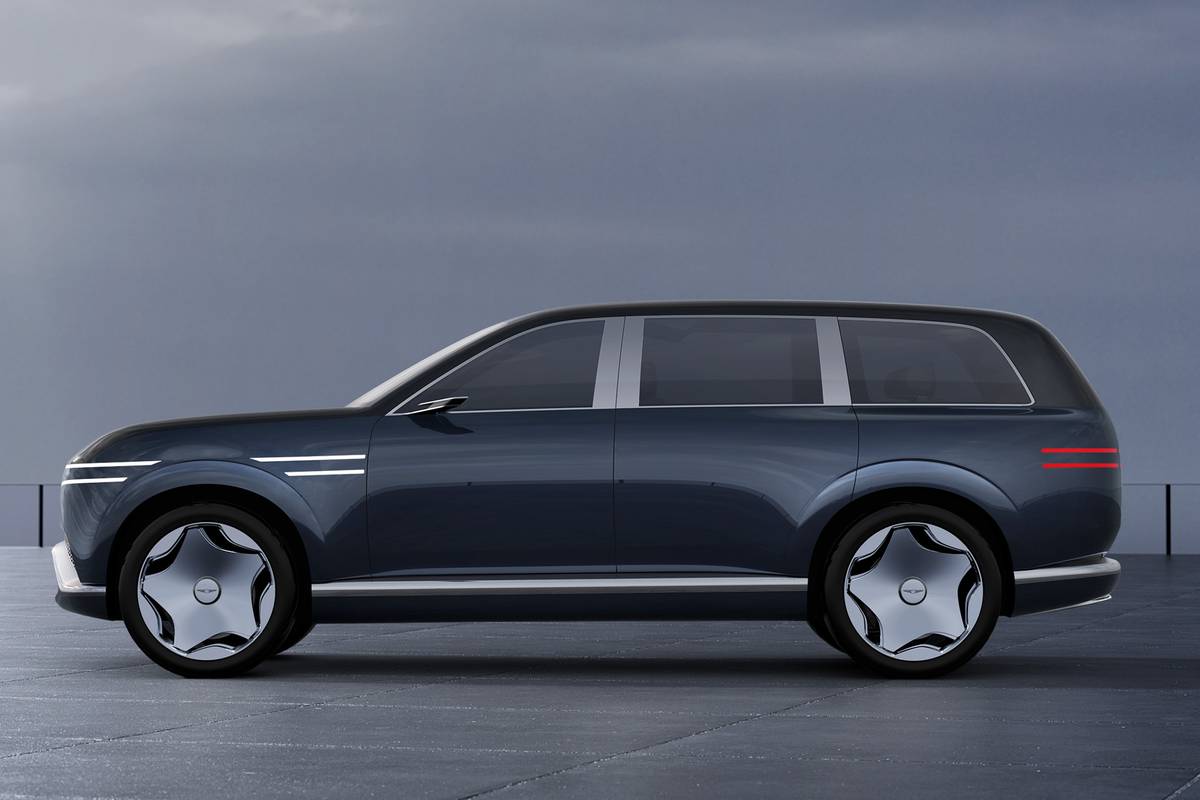
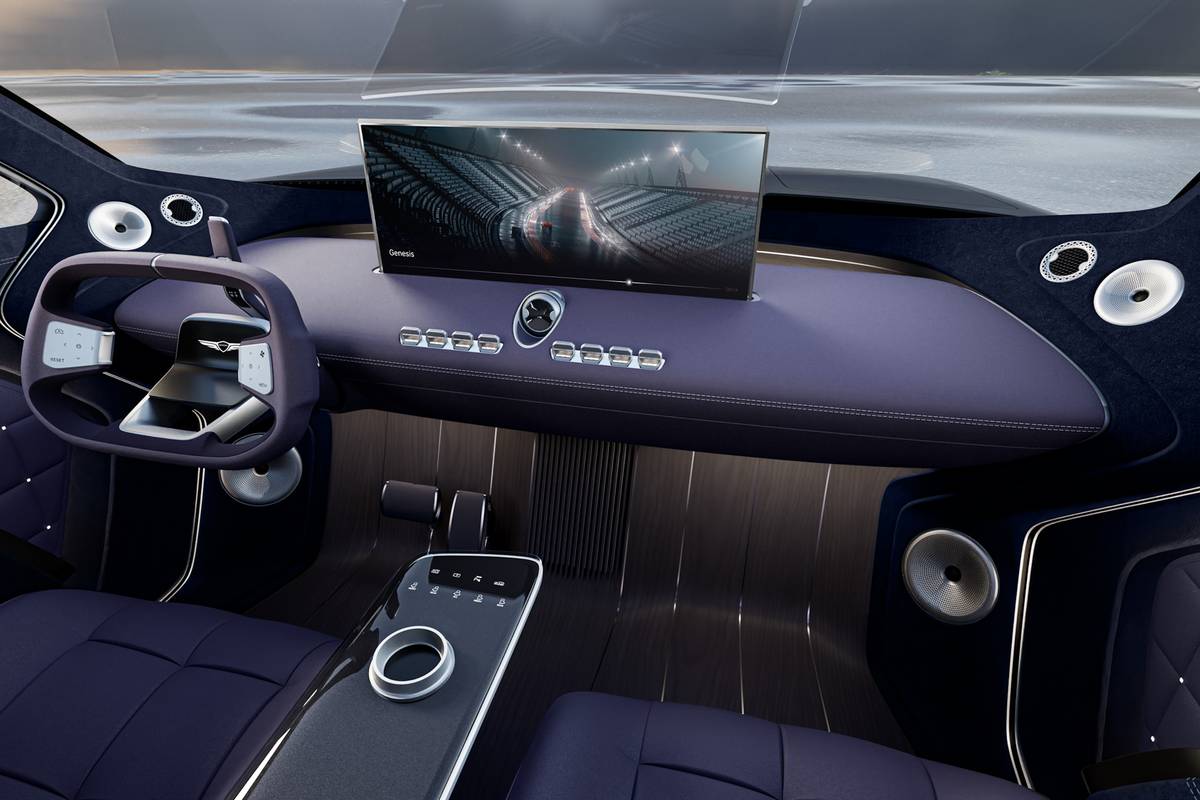
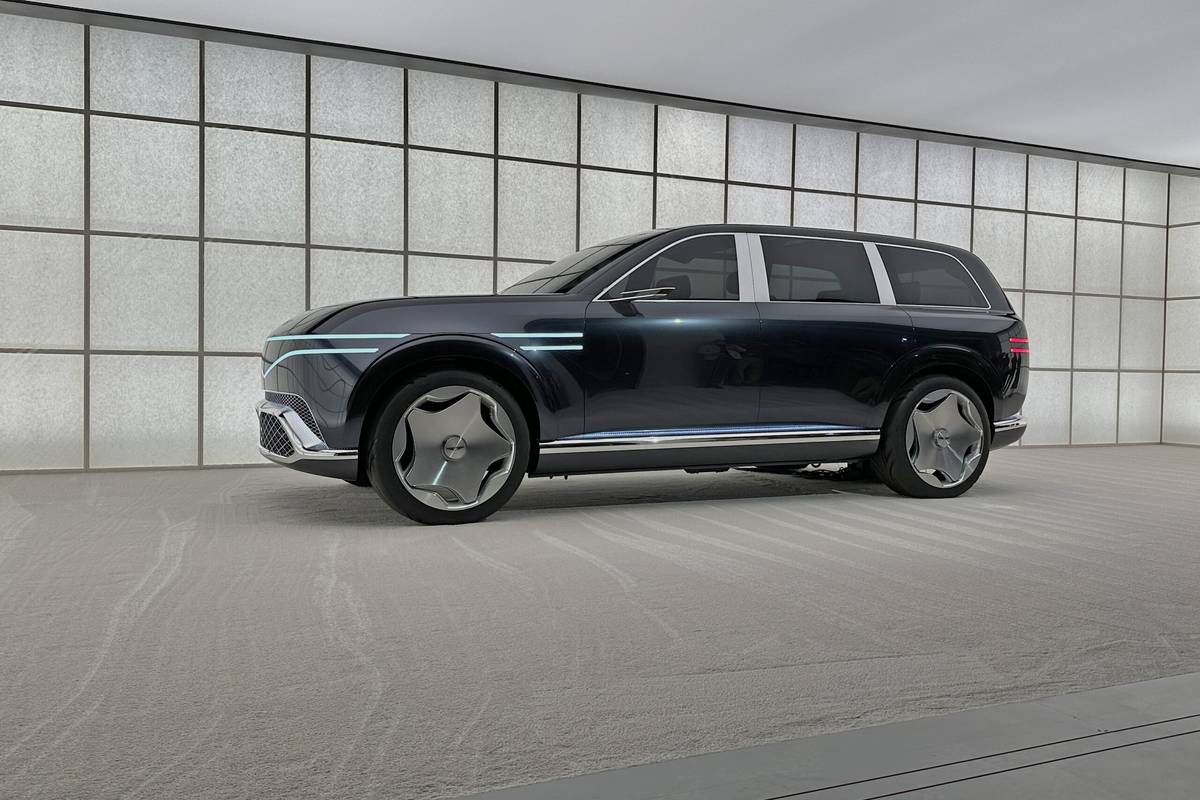





The Neolun draws its name from a portmanteau of the Greek “neo,” for new, and Latin “luna,” for moon. Genesis says the concept is “inspired by Korea’s iconic moon-shaped porcelain jars.” Appropriately, then, the Neolun is said to be styled around the idea of “reductive design,” eliminating unnecessary detailing. (We might have called it “minimalist” to avoid the negative connotations of “reductive.”)
If its proportions and elegant, unadorned exterior don’t convey sufficient presence, the Neolun’s massive five-spoke wheels and blue-and-black two-tone paint should help. Still not impressed? Pop open the B-pillarless doors and let the automatically deploying step aid your entry into the four-seat cabin, upholstered in tufted cashmere and quilted leather with a dark wood floor.
Genesis says the Neolun’s interior is inspired by Korea’s distinct hospitality culture, but the dominant theme seems to be spinning. The front seats rotate to face the rear — perhaps for a rousing game of Pinochle while the electric SUV charges — and a crystal sphere in the center of the dash rotates when the sound system is activated. It was a tweeter all along! (And it would have gotten away with it, too, if it weren’t for you meddling kids.)
Genesis isn’t providing any details on the Neolun’s powertrain, probably because they don’t matter. The concept of an extravagant electric SUV to go after the likes of the Maybach GLS and Bentayga doesn’t seem outside the scope of possibility for Genesis, and we’d hope the handsome color scheme would translate to reality, but the pillarless doors and rotating seats would be tough to sneak past regulators. Still, the Neolun has us expecting the young South Korean brand to keep its upmarket momentum building.
More From Cars.com:
- Here Are the New Electric Vehicles Planned by 2027
- Genesis, Hyundai and Kia Charging Control Unit Recall: A Primer
- Which Vehicles Have the Best Warranty Coverage?
- Best Luxury Car of 2024
- Is the Genesis Electrified GV70 a Good Electric SUV? 6 Pros, 3 Cons
AMG, F, N, M, Magma, V
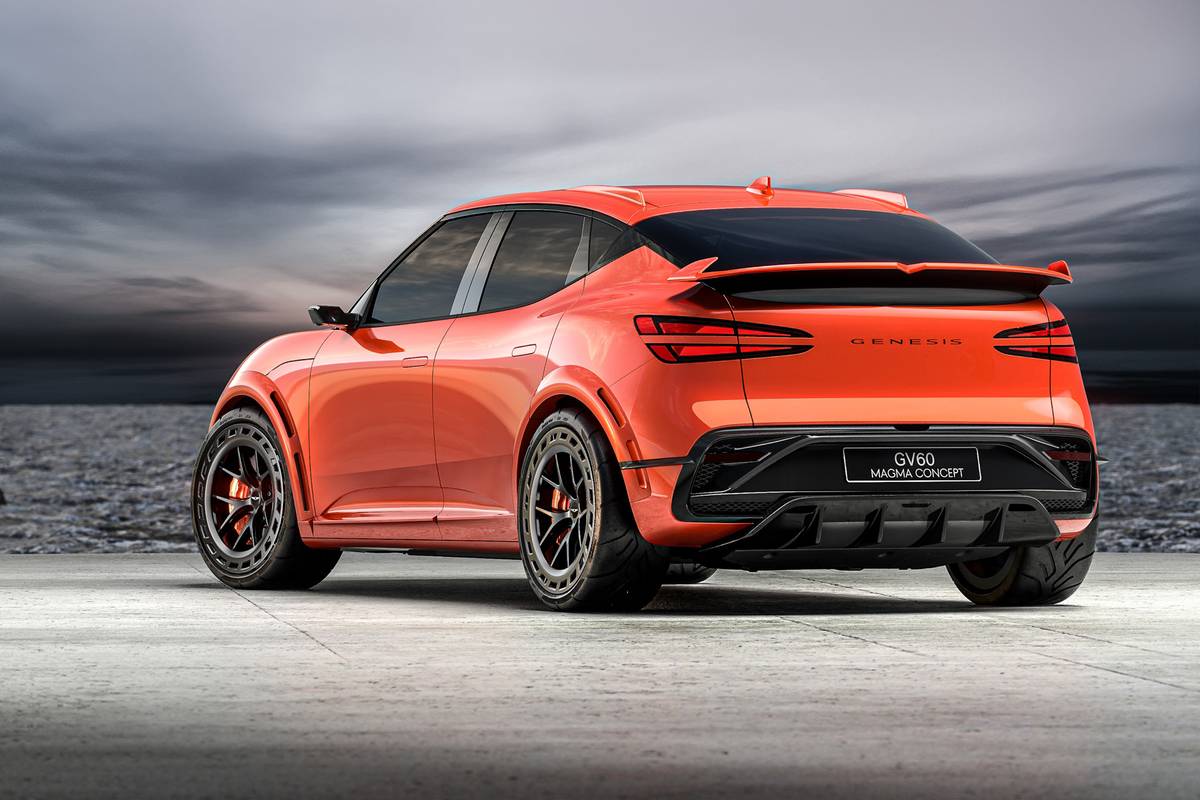
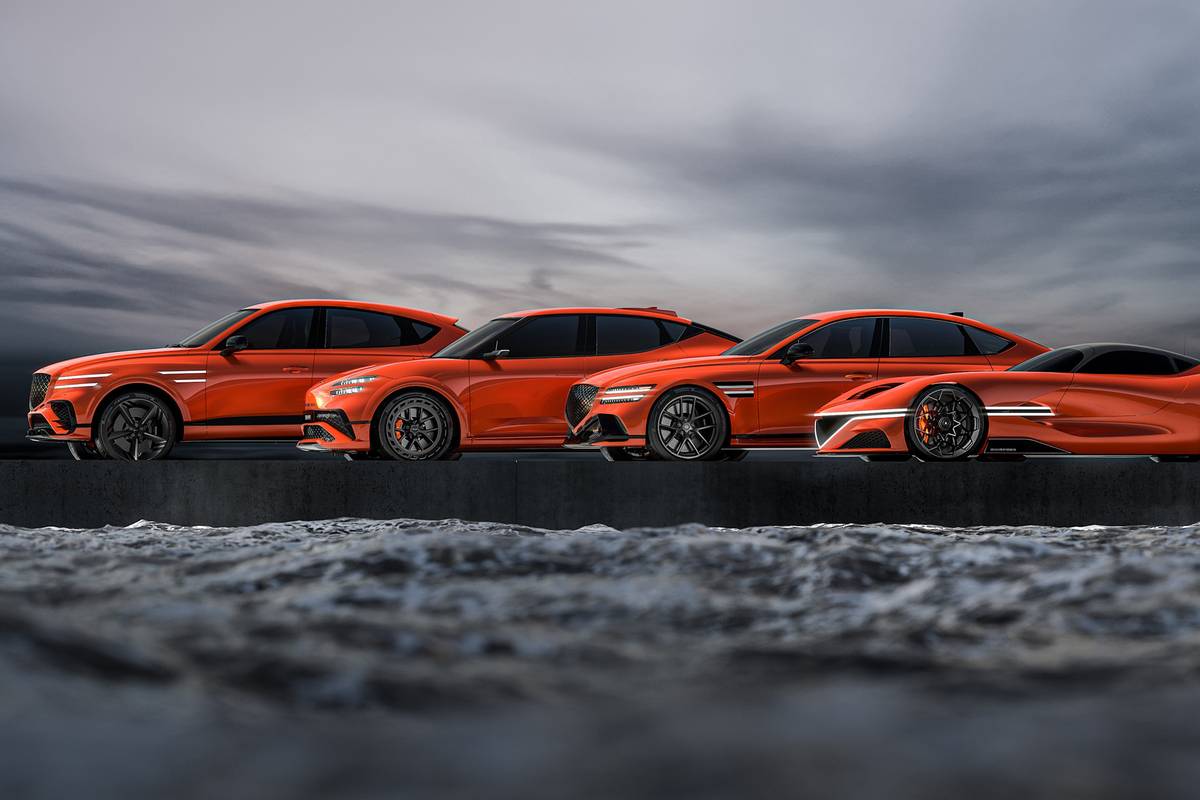
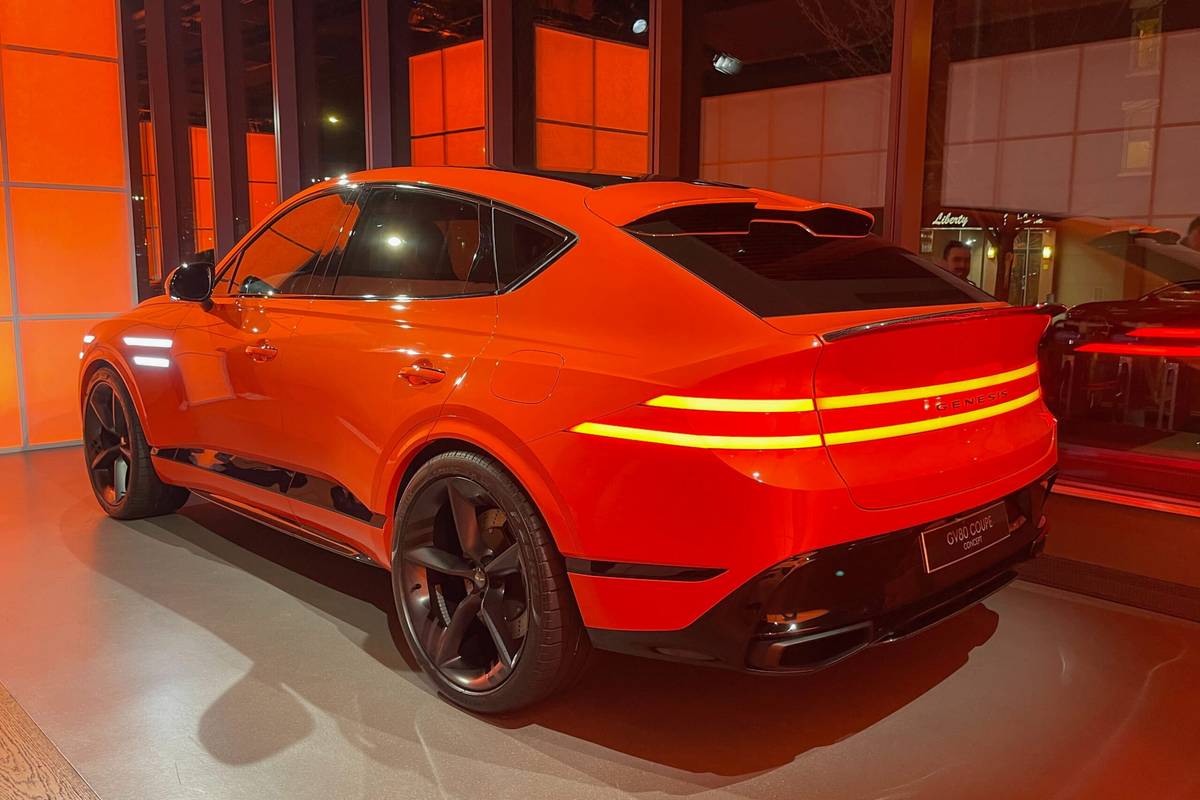
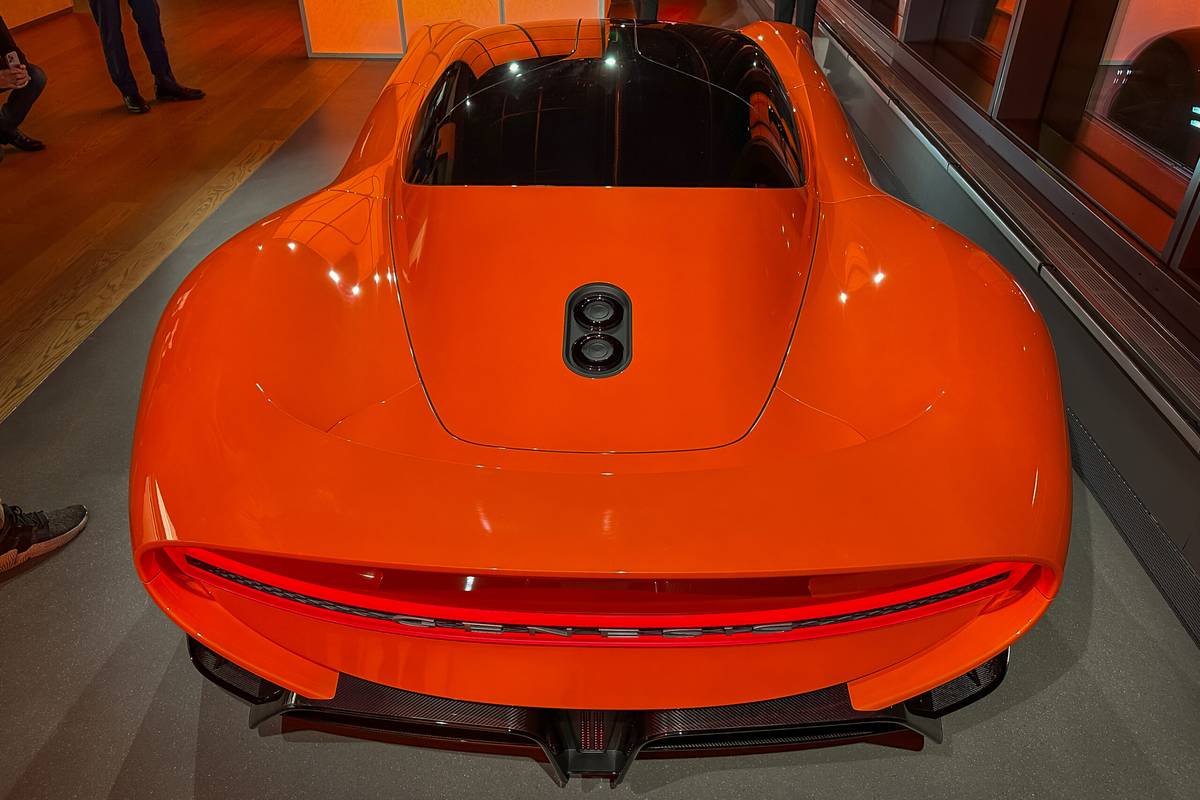
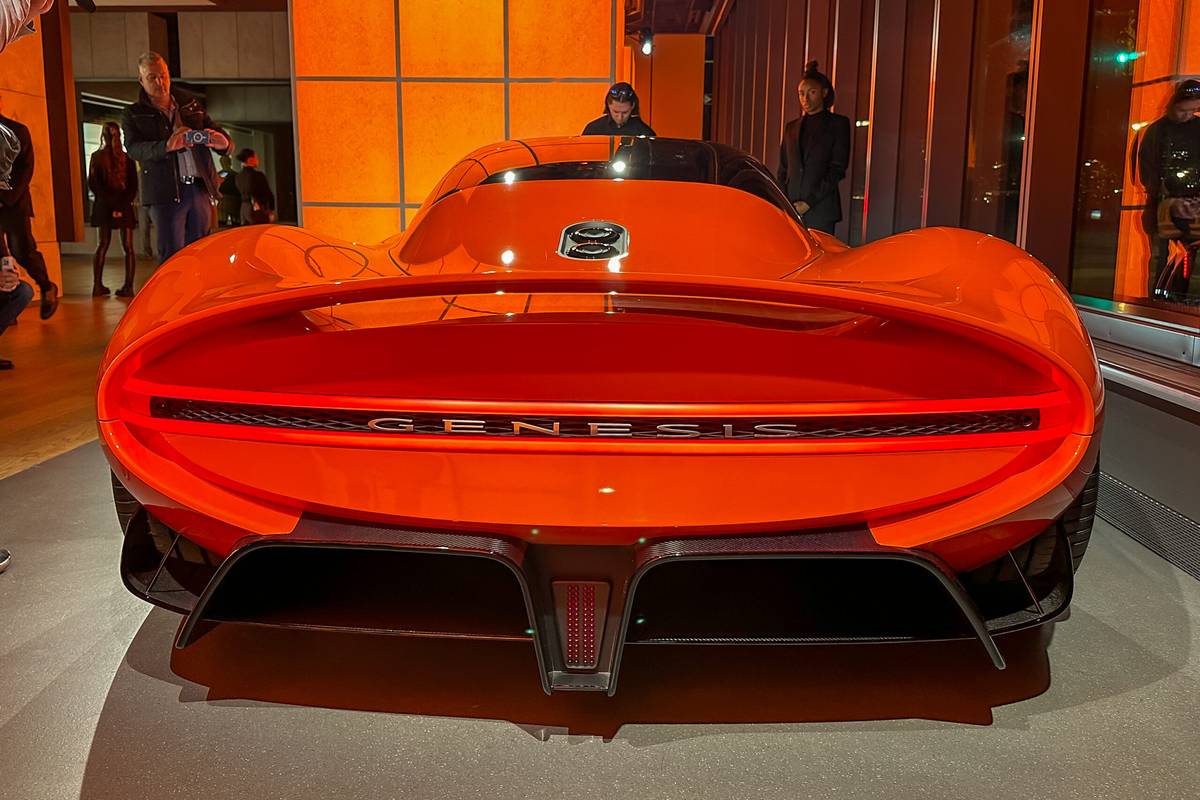
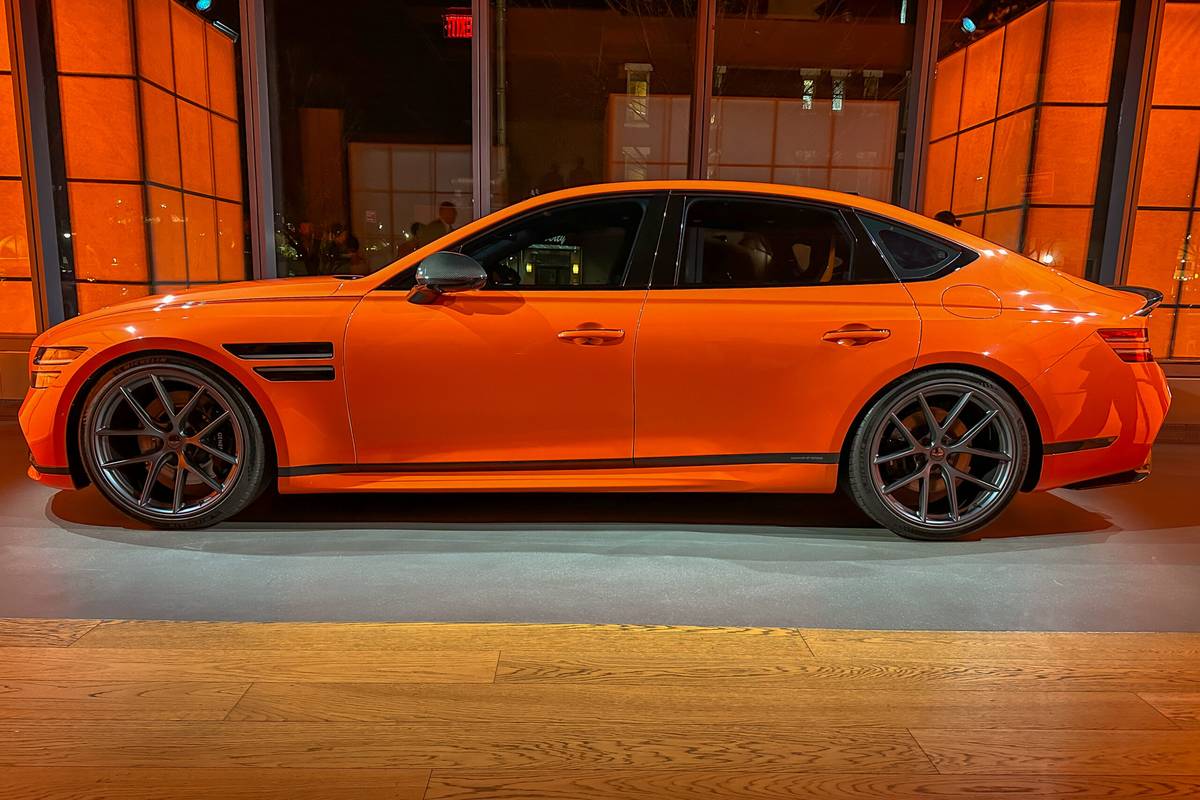
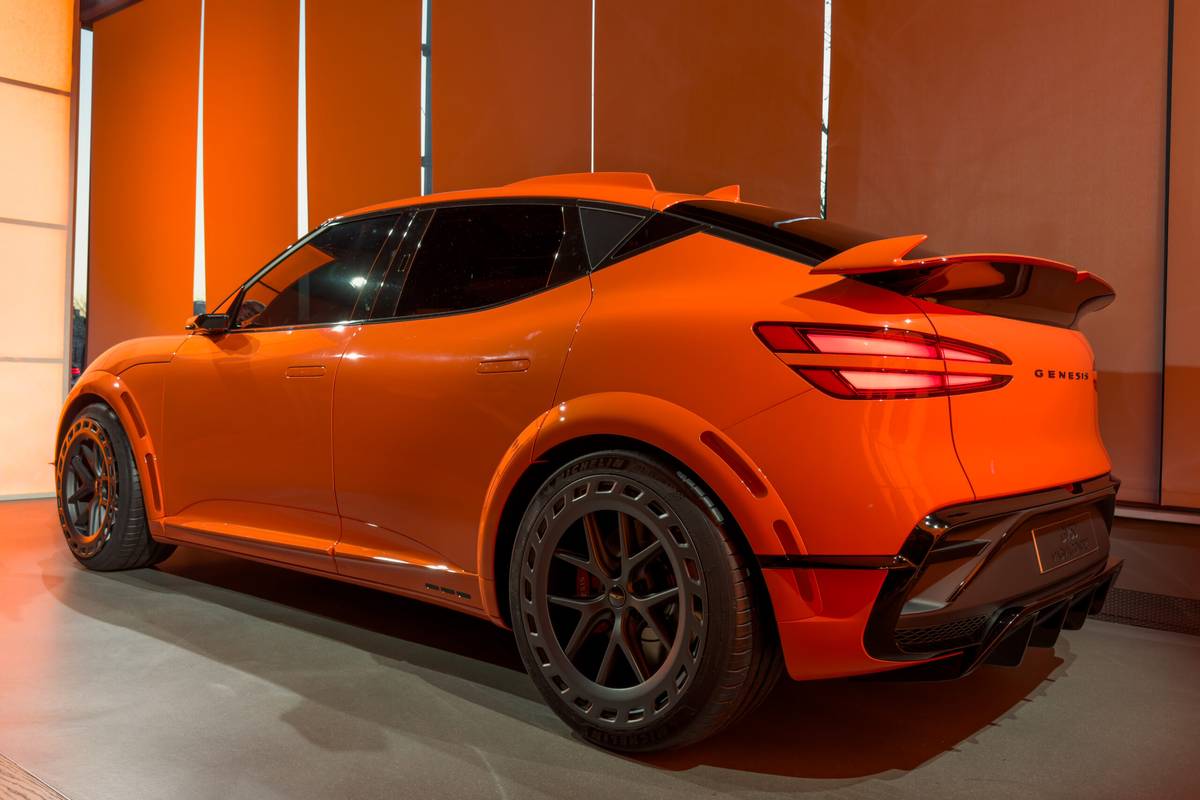
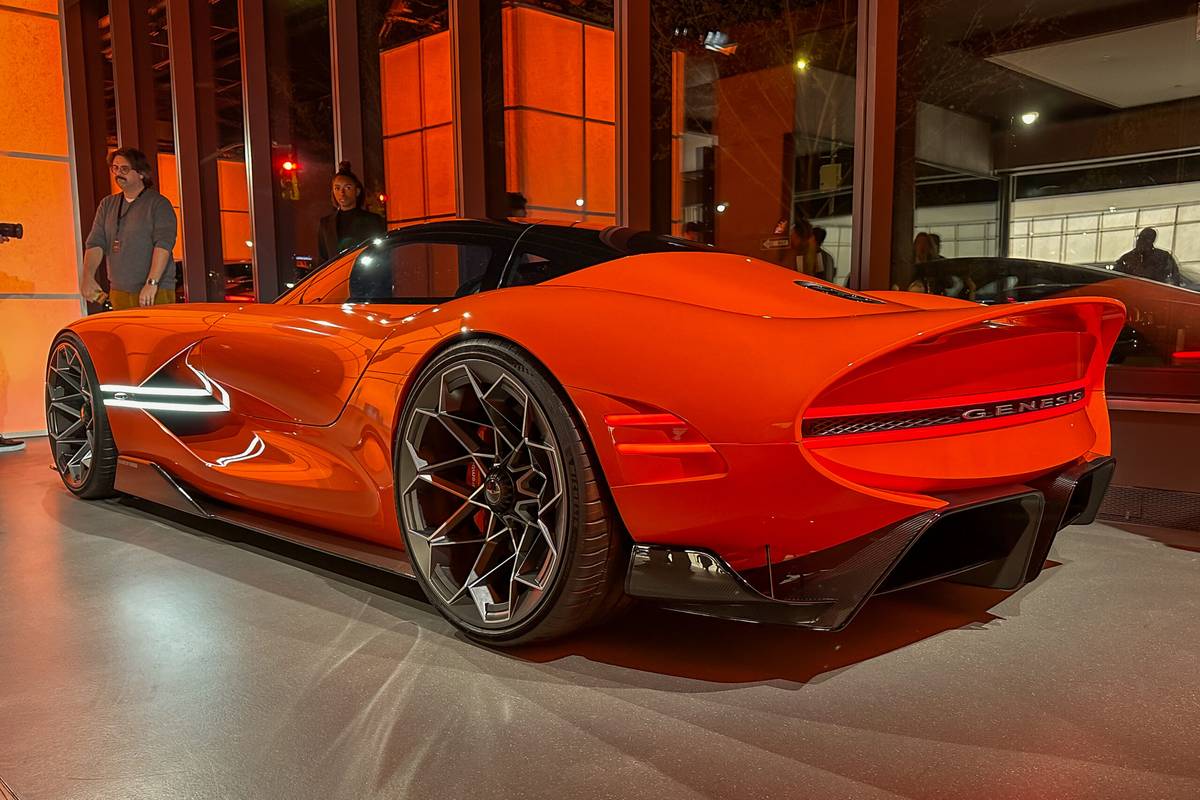
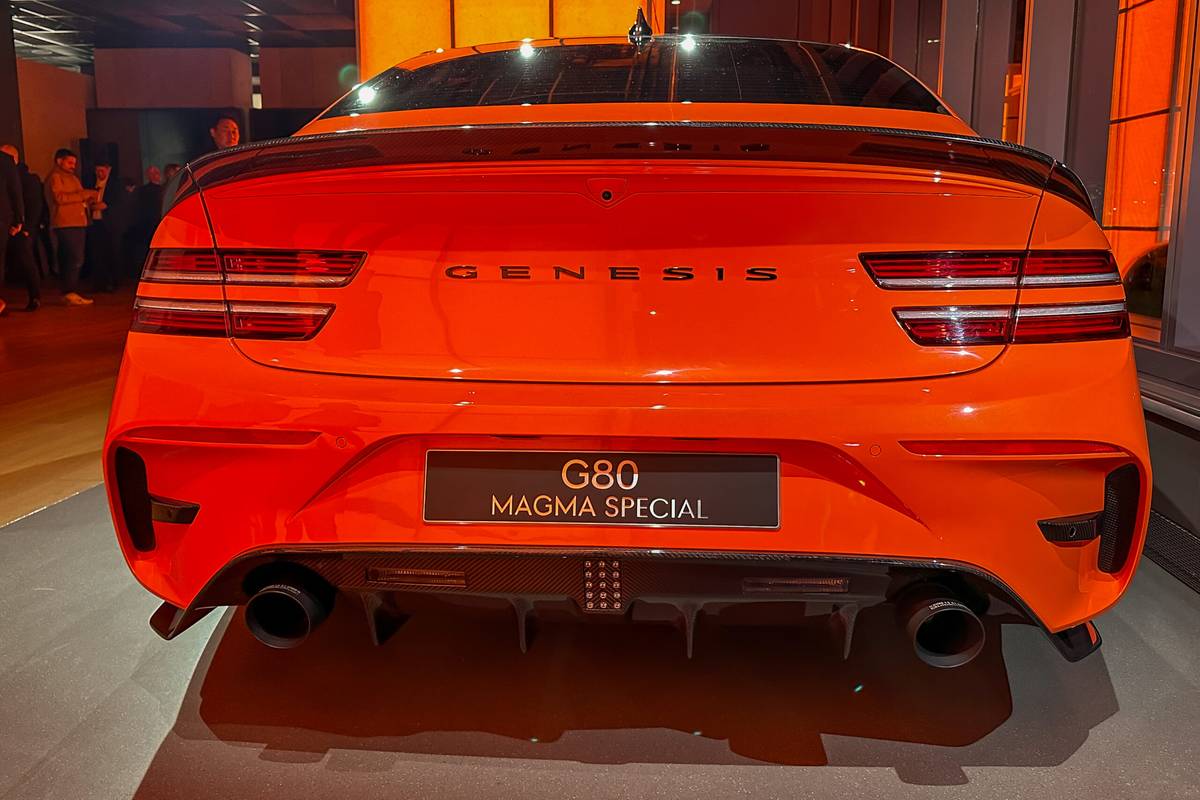
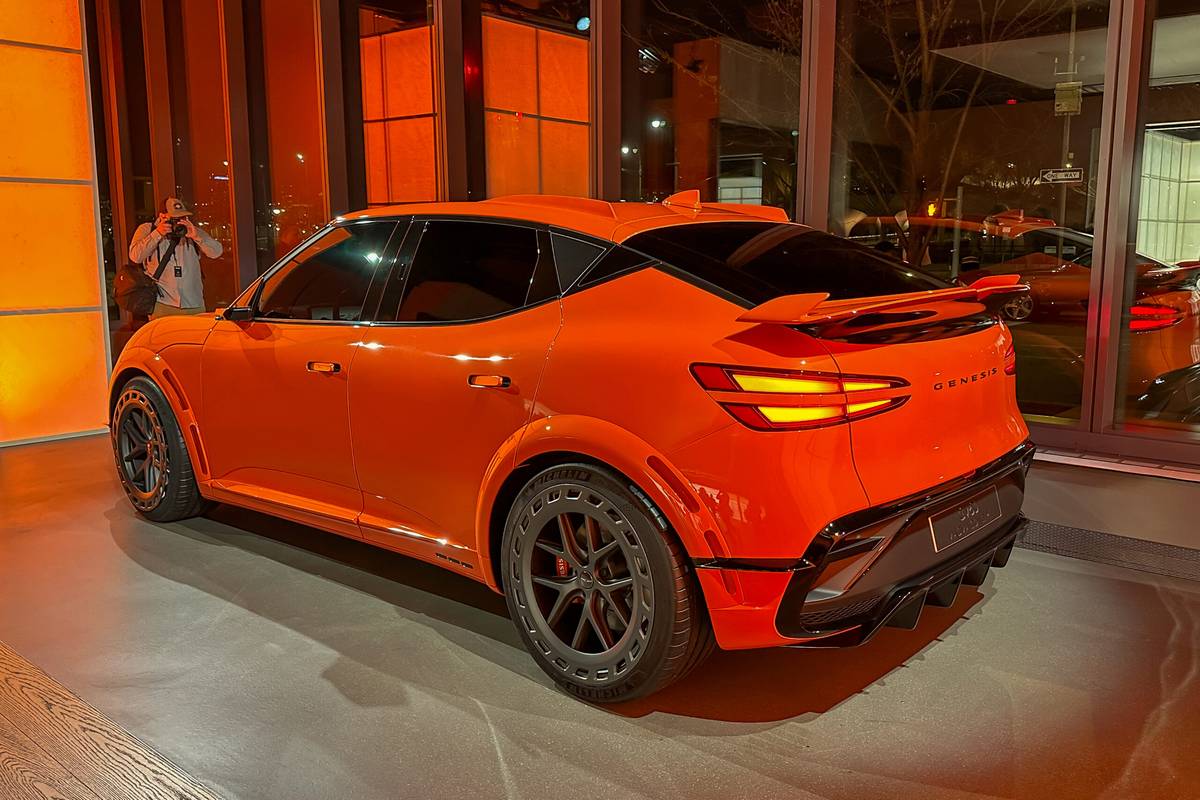
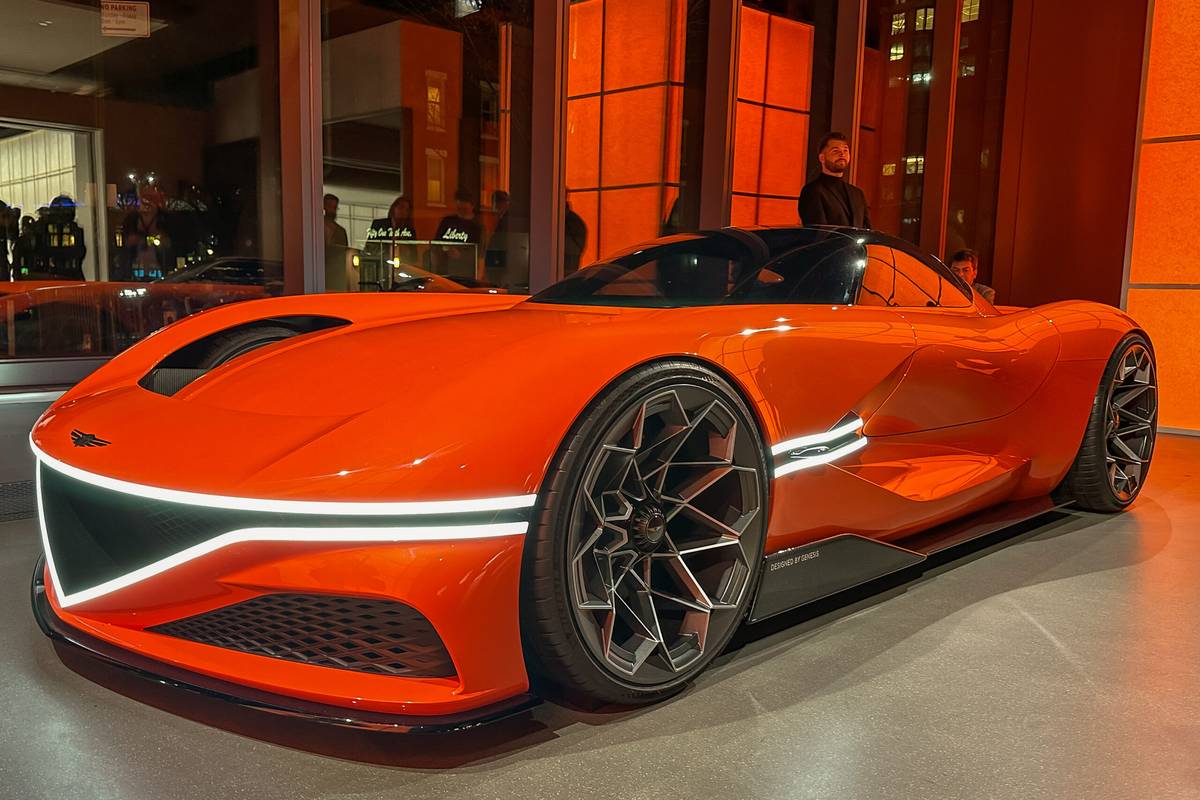
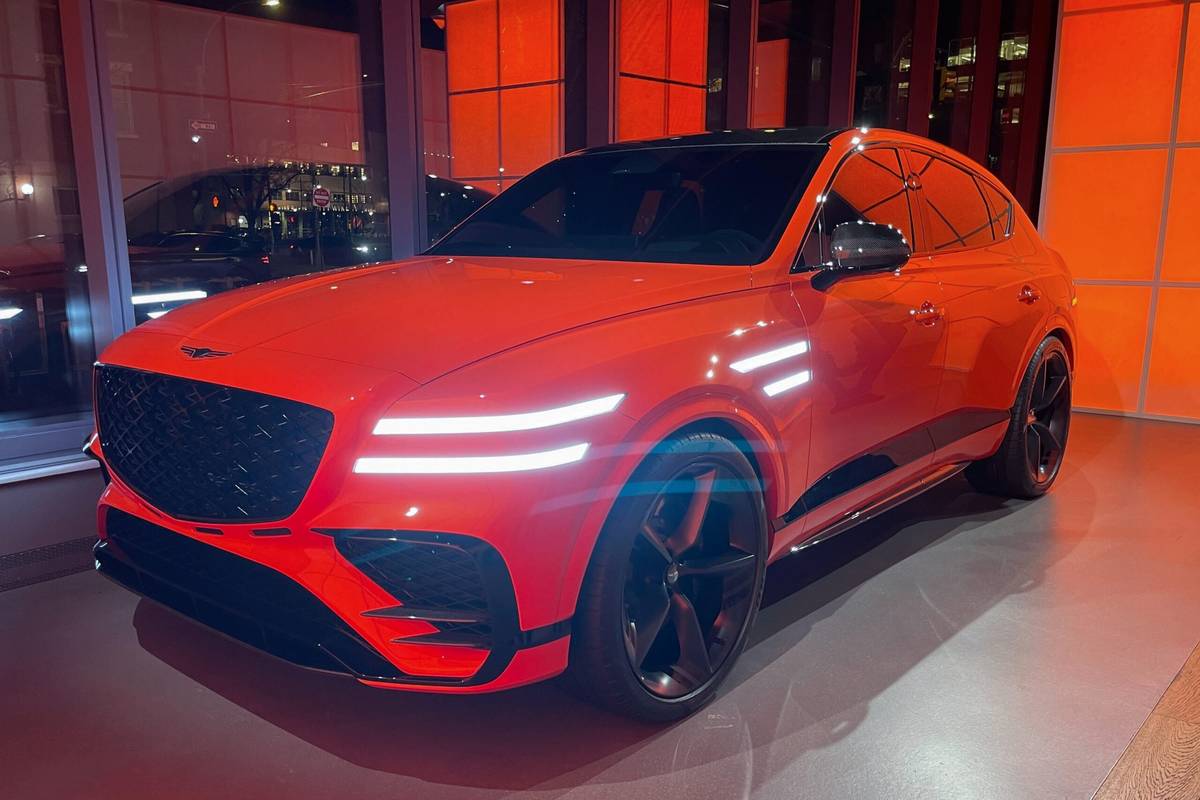

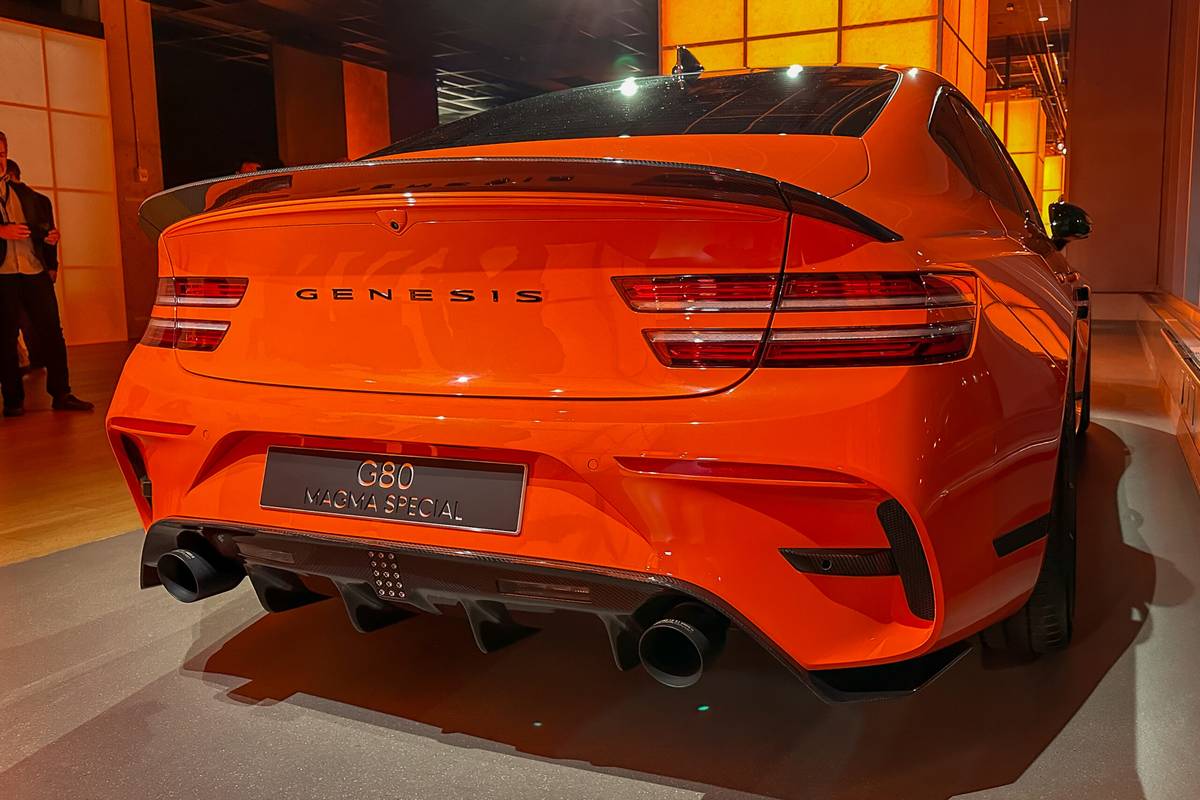
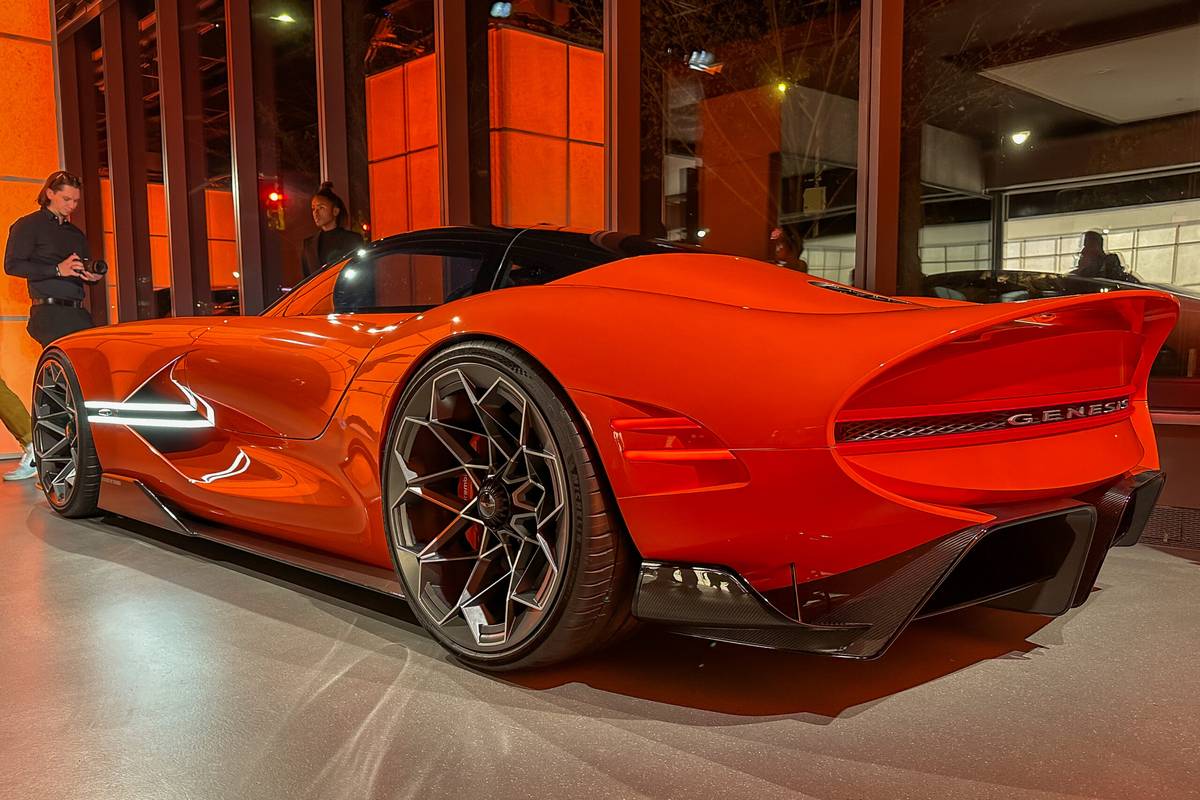















Genesis’ other New York debut with the GV60 Magma will have a more immediate impact. Eschewing the typical single-letter designations of other luxury brands’ performance arms, such as BMW’s M or Cadillac’s V, Genesis is calling its division Magma. The company says it eventually plans to roll out a Magma version of every vehicle in its lineup.
The Magma is wider and lower than the current GV60, with additional air intakes punched into the front end for enhanced cooling of the motors and brakes. Fins sprout on the roof above the B-pillar and grow taller as the roof slopes down toward the rear, channeling air to the spoiler mounted below the rear window. Inside, the GV60 Magma features body-color seatbacks with orange and gray stitching on the black Nappa leather and suede upholstery.
Details are thin at the moment, but the context for the GV60 Magma is promising. In its Performance trim, the all-wheel-drive GV60 boasts up to 483 horsepower and 516 pounds-feet of torque. The Hyundai Ioniq 5 with which the GV60 shares its platform is available with up to 641 hp in its N performance form (equivalent power is not a guarantee). Genesis hasn’t said when Magma performance models will enter production, but feel free to begin anxiously awaiting them now.
Related Video:
Cars.com’s Editorial department is your source for automotive news and reviews. In line with Cars.com’s long-standing ethics policy, editors and reviewers don’t accept gifts or free trips from automakers. The Editorial department is independent of Cars.com’s advertising, sales and sponsored content departments.
Featured stories
